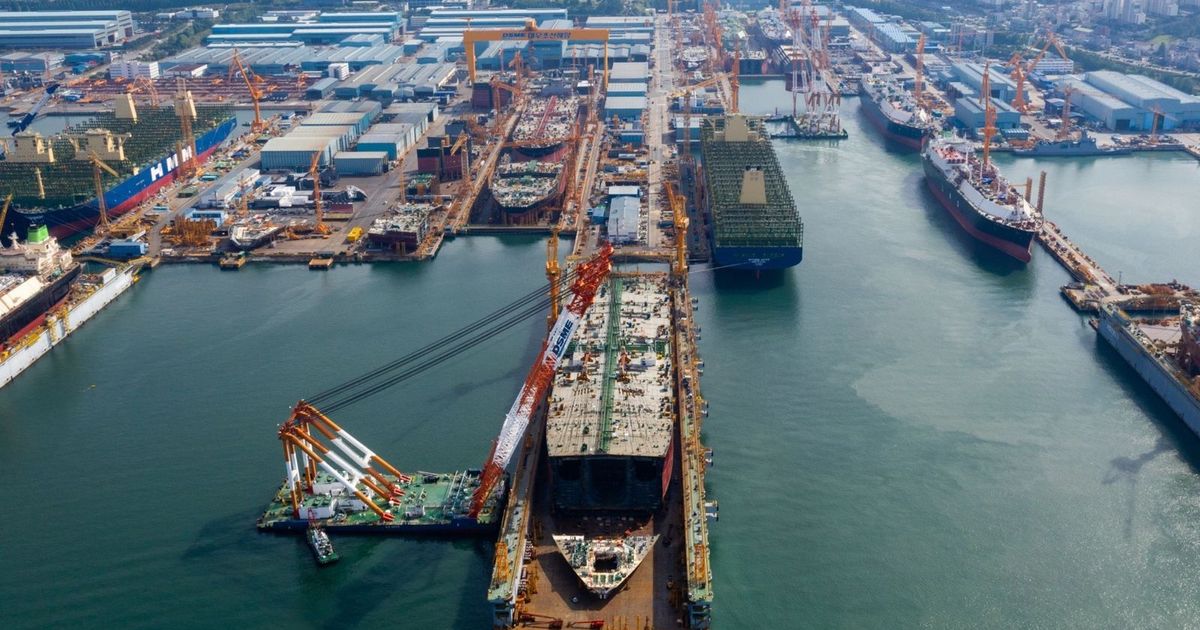Initial data showed that the export of South Korea dropped in September fell by high US customs, and a difficult comparison with last year when companies sent their goods before the “Chosoc” holiday, which made the numbers look weaker this year. The value of the amended consignments for the number of working days fell by 10.6% in the first 20 days of September compared to the same period last year, according to the customs releases on Monday, compared to a 6% modified increase for the entire month of August. In terms of non -modified exports, it increased by 13.5%, while imports increased by 9.9%, with a $ 1.89 billion trade surplus. South Korea introduced a wave of major transactions with America after the Trump summit. Economists expect exports to strengthen their activities during the last ten days of the month before the October holidays, but the most important challenge is the extent of the momentum to continue after the holidays. The impact of US drawings is expected to start the effects of customs duties during the fourth quarter, which will determine the characteristics of the possible slowdown in the economy and policy. Semiconductor exports, the most important growth engine this year, rose 27% in September after a 30% increase in August, while car sales increased by 15%. On the other hand, petrochemicals remained under the pressure of fees and poor world question. Companies are still accelerating the frequency of shipping to the United States before activating the entire fees, as the administration of President Donald Trump imposed a comprehensive 15% drawing on Korean goods last month, with the exception of smartphones and laptops. But he warned of the possibility of expanding the drawings to include semiconductors. Exports to the United States rose 6.1%in September, while it rose to 1.6%of China, to India by 28.3%and to Taiwan about 23%. Additional pressure, although Korean exports this year are coherent thanks to early delivery before fees, this temporary group has begun to fade, making exports more vulnerable to the effects of fees and poor world demand. The uncertainty increased with an attack for migration in the US state Georgia, which led to the detention of more than 300 Korean workers at a batteries under construction before returning to their country, increasing the complexity of commercial talks between Seoul and Washington. Car exports also have extra pressure with the continued US fees by 25% on Korean cars, pending Trump’s executive order to lower it to 15% in accordance with the comprehensive rate.
Korean exports drop through American graphics and the effect of “chosoc” holidays
